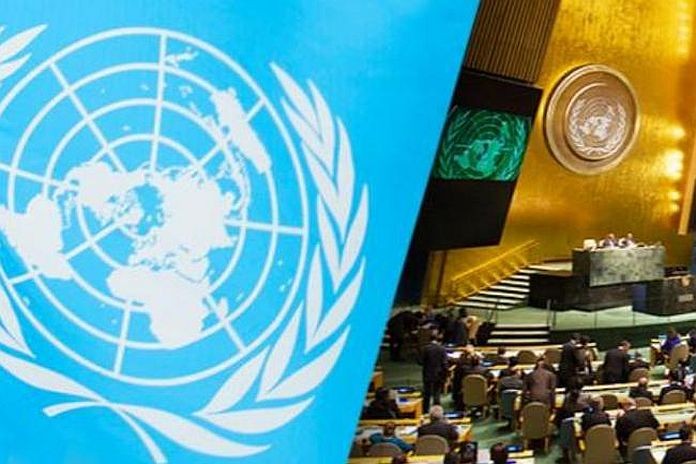GENEVA, Switzerland – The road to a Health for All economy starts with valuing the right things to do; only then can the world focus on doing things with the right values and rethinking and building a whole-of-society approach to economic activity and development. A key finding driving this rethink is the fact that women do more unpaid work than men, sometimes as much as 2.5 hours per day more.
This is the argument made by the WHO Council on the Economics of Health for All in their 3rd brief, issued March 8. In 2020, the Council notes that global GDP increased by $2.2 trillion because of expenditure on armaments while only a fraction of that – just $50 billion – is needed to vaccinate the entire world, of which $23 billion is required to fund the ACT-Accelerator. No amount of tinkering with GDP as the measure of progress can address the fundamental schism between the goal of Health for All and what is presently valued.
Given this reality, the Council proposes the following values foundational for Health for All and the centrepieces of a new system of value and measurement:
- Valuing planetary health;
- Valuing the diverse social foundations and activities that promote equity;
- Valuing human health and wellbeing.
The Council on the Economics of Health for All was established on November 13, 2020, by the WHO director-general to rethink how value in health and wellbeing is measured, produced, and distributed across the economy. Especially relevant for today, the day their 3rd brief is being launched, March 8, – International Women’s Day, is the fact that all ten members of the Council are women, and among the world’s leading economists.
Measuring these Health for All values requires a whole-of-society approach, in which no single universal metric can encompass the different components of Health for All. While access to health services is vital, so too are recognition and resources for broader social determinants of health, such as good education, decent working conditions and clean environments including water and sanitary facilities, whose complex interaction can either help or hinder achieving the goal of Health for All.
The Council starts with the primary goal – Health for All – to decide what we should value; then work backwards to reorient economic and financial policy levers towards positioning health as an investment and ensuring Health for All.
To shift the current paradigm towards Health for All, we need to invest strategically in the systems that determine health. We need to change the routine to include new tools and approaches to direct policy. And we need to increase governance capabilities for the long term, that enable the public sector to influence and work across sectors and non-state actors – in ways which ensure positive impacts on human health and well-being for every person, while respecting planetary boundaries.
For more information on the brief and on the work of the Council, please go to WHO Council on the Economics of Health For All





